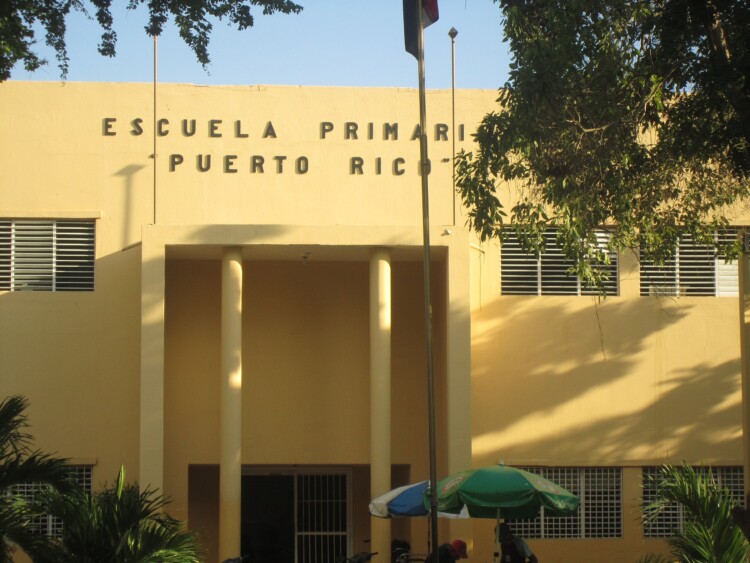Schools are the primary entry point and service delivery setting for young people who receive mental health services. Yet participation in these services is low and attrition is high, with as many as half of students dropping out of services before they are complete. Although there is an evidence base summarizing effective strategies to engage these youth and families, many in mental health care settings, including schools, often struggle to make optimal use of this evidence.
UCLA’s Bruce Chorpita and his team, including Kimberly Becker, are testing whether a Coordinated Knowledge System (CKS)—a suite of tools that embeds research evidence into a coordinated sequence of actions for defined roles—will see much greater application of that evidence relative to traditional practice guidelines, which separate evidence delivery from the planning and action that follow. Chorpita intends to investigate not only whether a CKS produces greater use of evidence, but also why such a system works, and for whom it works best.
Many models to facilitate the uptake of research evidence fall short because they address the use of research by improving dissemination tools and practices in isolation. Chorpita, however, contends that it is critical for such models to coordinate both technological (evidence summaries, training designs, treatment procedures) and social solutions (roles and responsibilities of professionals) to ensure the routine use of research evidence. He states, “When moving from models to their applications, we believe that the traditional separation of the evidence resources from the actors they are intended to influence and the sequence of actions they are intended to produce ultimately limits the use of research evidence in applied settings.”
Chorpita intends to investigate not only whether a CKS produces greater use of evidence, but also why such a system works, and for whom it works best.
The current intervention builds on prior theory and empirical work on the use of research evidence, particularly research utilization, knowledge translation, and coordination theory, among others. By refining and integrating multiple theories, Chorpita has designed a model that focuses on supervisor and supervisee interactions, to help them more readily access, understand, and apply research evidence in the pursuit of improving outcomes for young people.
Based on the team’s extensive pilot work on the CKS intervention and related measures, the Foundation is now supporting the team’s efforts to rigorously test the model in a large-scale study. For this work, Chorpita and Becker will draw their sample from public school systems in Los Angeles County and South Carolina, where student engagement in school-based mental health services is representative of the low rates of engagement seen throughout the US, but where the use of research evidence among staff differs based on their divergent policy and funding contexts.
To test how the CKS impacts the use of research evidence, the team will examine supervisor–supervisee collaboration within the context of clinical supervision, as well as the clinical service delivery that follows. The study design involves the random assignment of 30 supervisors and their 120 supervisees to either a CKS condition or a traditional knowledge resource condition (i.e., practice guidelines) to guide decision making and service delivery with a sample of 360 students enrolled in school-based services and at risk for poor engagement.
For each of the 360 students, three supervision sessions and two therapy sessions will be digitally recorded. The team will code these recordings to determine whether and how the CKS affected collaborative reflection, problem detection, planning, practice delivery, and evaluation of the effects of the practices delivered. Data analysis will determine whether the response to the problem identified is consistent with the evidence base and whether supervisors and supervisees are using the full range of available evidence. By coding actual supervision and service delivery in real-world contexts, this novel design goes beyond typical self-reported accounts of evidence use and assesses both the extensiveness and appropriateness of use of evidence. Supervisors and providers will also complete surveys about their attitudes toward and experiences with research evidence and their working alliance with each other, which will allow the research team to better understand how the CKS performs across contexts and among professionals with a variety of beliefs and backgrounds.
Chorpita and Becker hope to discover whether coordinating evidence into a defined sequence of steps involving the collaboration of supervisors and supervisees leads to greater application of evidence, and, ultimately, whether it leads to improved service delivery and better youth and family engagement in services. They believe this study could lead to formalized CKS applications that can improve engagement in all mental health services, thereby heightening the public health impact of a vast but largely still untapped evidence base on mental health services for young people.





